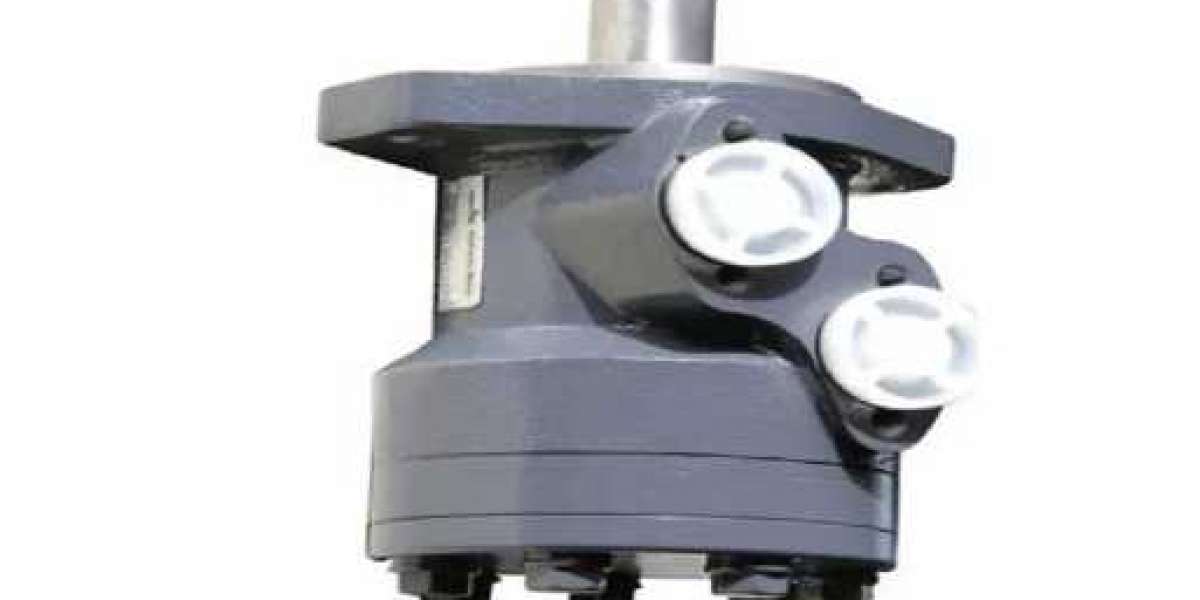Hydraulic motors are widely used in various industries, offering reliable power transmission and control. However, at times, operators may encounter a phenomenon where the hydraulic motor crawls at low speeds, causing inefficiencies and potential issues. In this article, we will explore the reasons behind this crawling behavior and delve into the characteristics of hydraulic motors, shedding light on their design and functionality.
Understanding Hydraulic Motor Crawling
Insufficient Flow Rate:
Hydraulic motors rely on a sufficient flow rate of hydraulic fluid to generate rotational power. When the flow rate is too low, especially at low speeds, the motor may not receive enough fluid volume to operate optimally. This leads to crawling or sluggish movement.
Internal Leakage:
Hydraulic motors utilize a gerolor design, which ensures higher distribution accuracy and efficient power transmission. However, internal leakage can occur within the motor, causing a reduction in pressure and resulting in crawling at low speeds. Internal leakage can be caused by worn seals or damaged components.
System Back Pressure:
Hydraulic systems often operate under varying back pressure conditions. High back pressure can occur due to restrictions in the system, such as blocked filters or undersized hydraulic lines. This increased pressure can impede the proper functioning of the motor, leading to crawling at low speeds.

Characteristics of Hydraulic Motors
Gerolor Design:
Hydraulic motors typically employ a gerotor or gerolor design, which consists of an inner rotor and an outer rotor. This design offers higher distribution accuracy, ensuring efficient power transmission and smooth operation.
Shaft Seal:
Hydraulic motors are equipped with shaft seals that prevent leakage of hydraulic fluid and withstand high back pressure. The seals play a crucial role in maintaining the motor's efficiency and preventing crawling issues.
Various Connection Forms:
Hydraulic motors come with different connection forms for flanges, output shafts, and oil ports, providing flexibility in installation and integration into hydraulic systems.
Controlled Rotation Direction and Speed
Hydraulic motors allow for easy and smooth control of the rotation direction and speed of the shaft. This feature is crucial for precise operation and maneuverability in various applications.
Compact and Small Size:
Hydraulic motors are known for their compact and small size, making them suitable for installations in tight spaces where traditional mechanical systems may not fit. This compactness contributes to their versatility and adaptability in different industries.
Troubleshooting and Solutions:
Check the Flow Rate:
Ensure that the hydraulic system provides an adequate flow rate to the motor. If the flow rate is insufficient, consider adjusting the pump settings or using a pump with a higher flow capacity.
Inspect for Internal Leakage:
Perform regular maintenance checks to identify any signs of internal leakage within the hydraulic motor. Replace worn seals or damaged components promptly to prevent crawling issues.
Assess System Back Pressure:
Examine the hydraulic system for potential restrictions or undersized components that may cause high back pressure. Clear any blockages, replace filters if necessary, and ensure the system is properly sized for the motor's requirements.

Conclusion
Hydraulic motors are powerful and efficient devices used in a wide range of applications. However, the issue of crawling at low speeds can hinder their performance and productivity. By understanding the factors that contribute to this crawling behavior and the unique characteristics of hydraulic motors, operators can troubleshoot and resolve the issue effectively. Regular maintenance, monitoring of flow rates, and addressing internal leakage and system back pressure are key steps to ensure smooth and reliable operation of hydraulic motors. With their gerolor design, shaft seals, and versatile connection forms, hydraulic motors continue to be a reliable choice for power transmission and control in various industries.
At Shanghai AJA Technology Co., Ltd., we are committed to providing high-quality products and excellent customer service.Whether you need troubleshooting with a hydraulic motor or any other hydraulic component related question, our knowledgeable staff is ready to help.
Welcome to contact us,if you want to make an inquiry or order wholesale.
Email:15021387974@163.com







